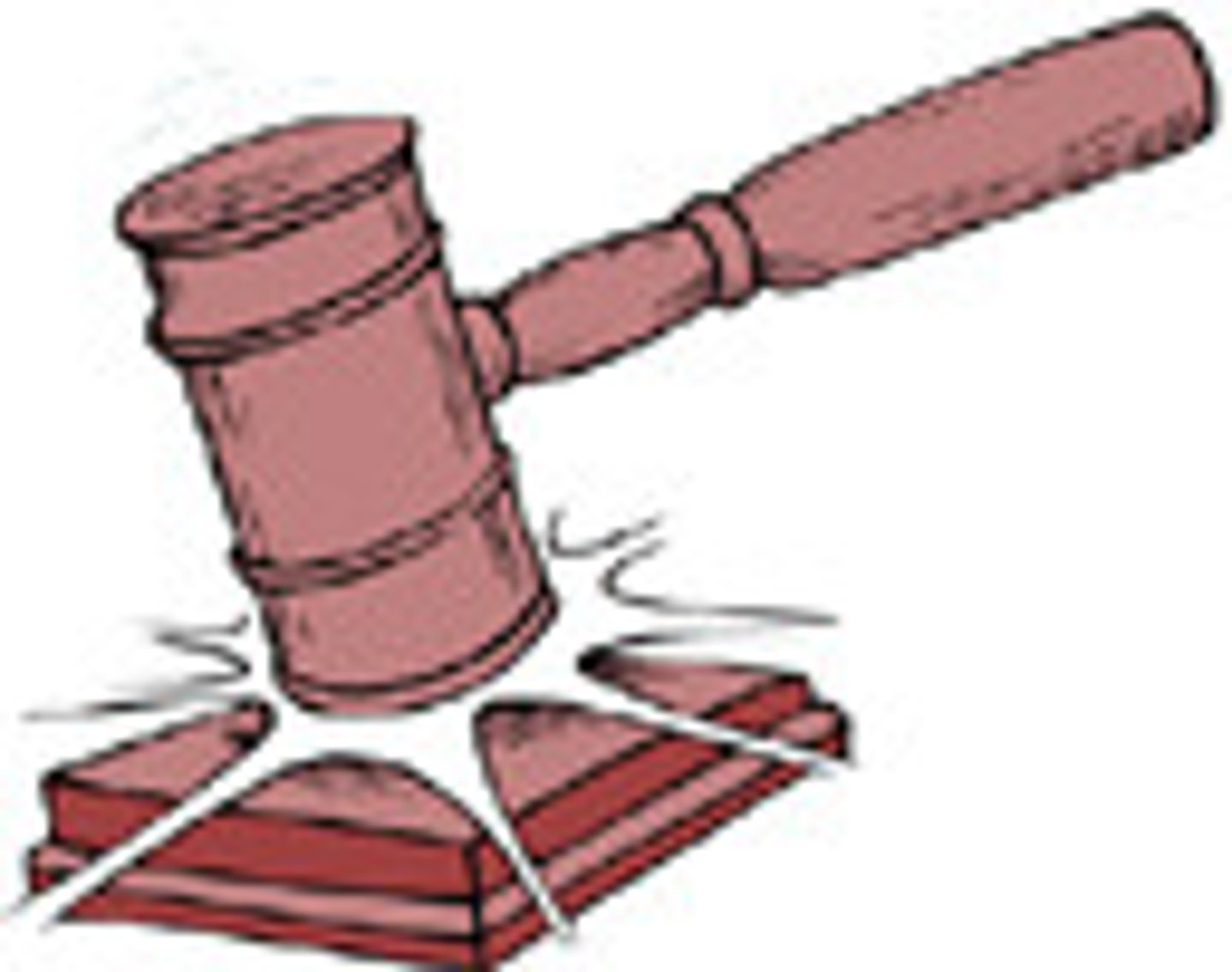The Bureaucracy and the Courts
1/32
There's no tags or description
Looks like no tags are added yet.
Name | Mastery | Learn | Test | Matching | Spaced |
|---|
No study sessions yet.
33 Terms
appellate jurisdiction
The authority of a court to review decisions made by lower courts
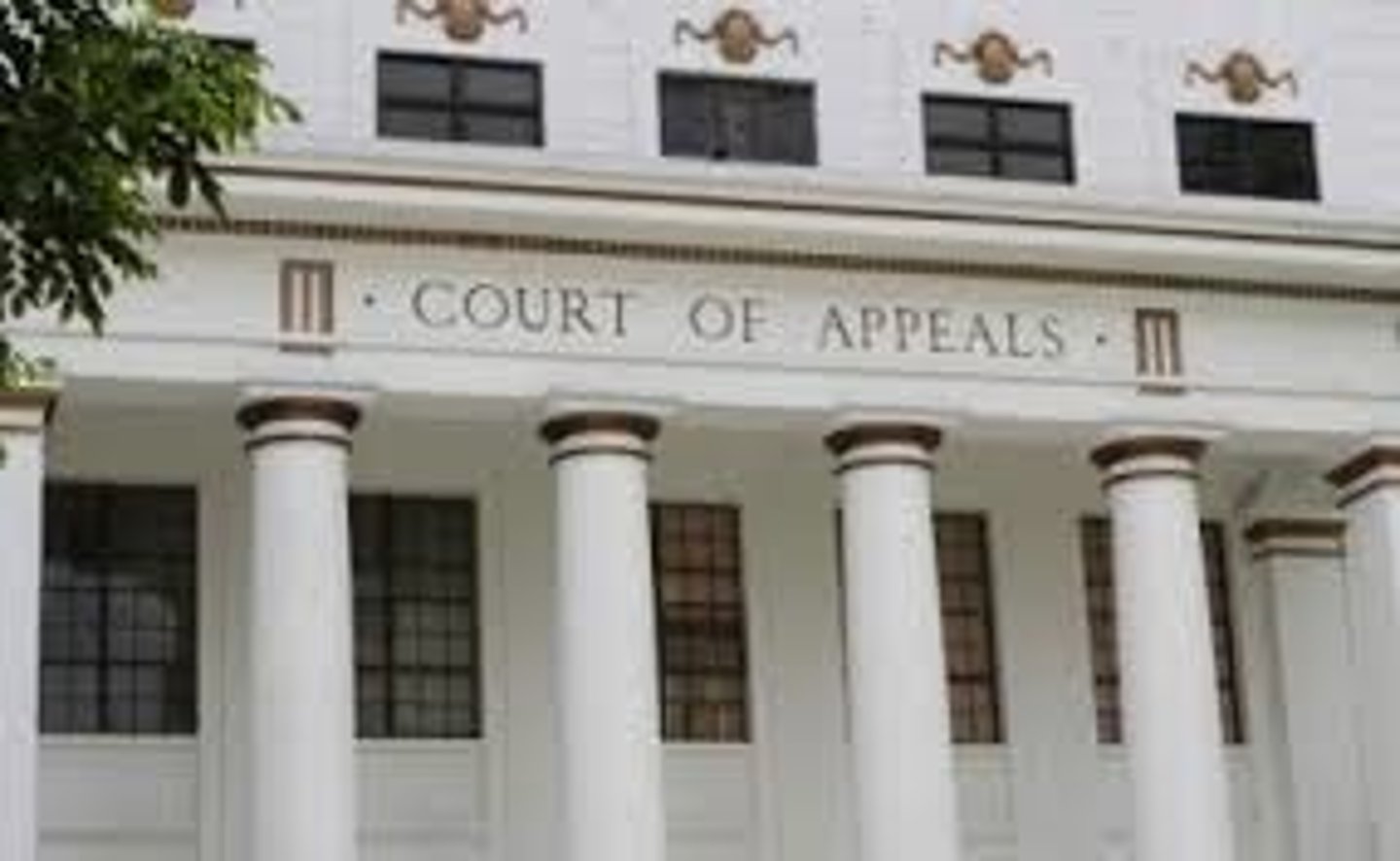
bureaucracy
departments, agencies, bureaus, and commissions in the executive branch of government
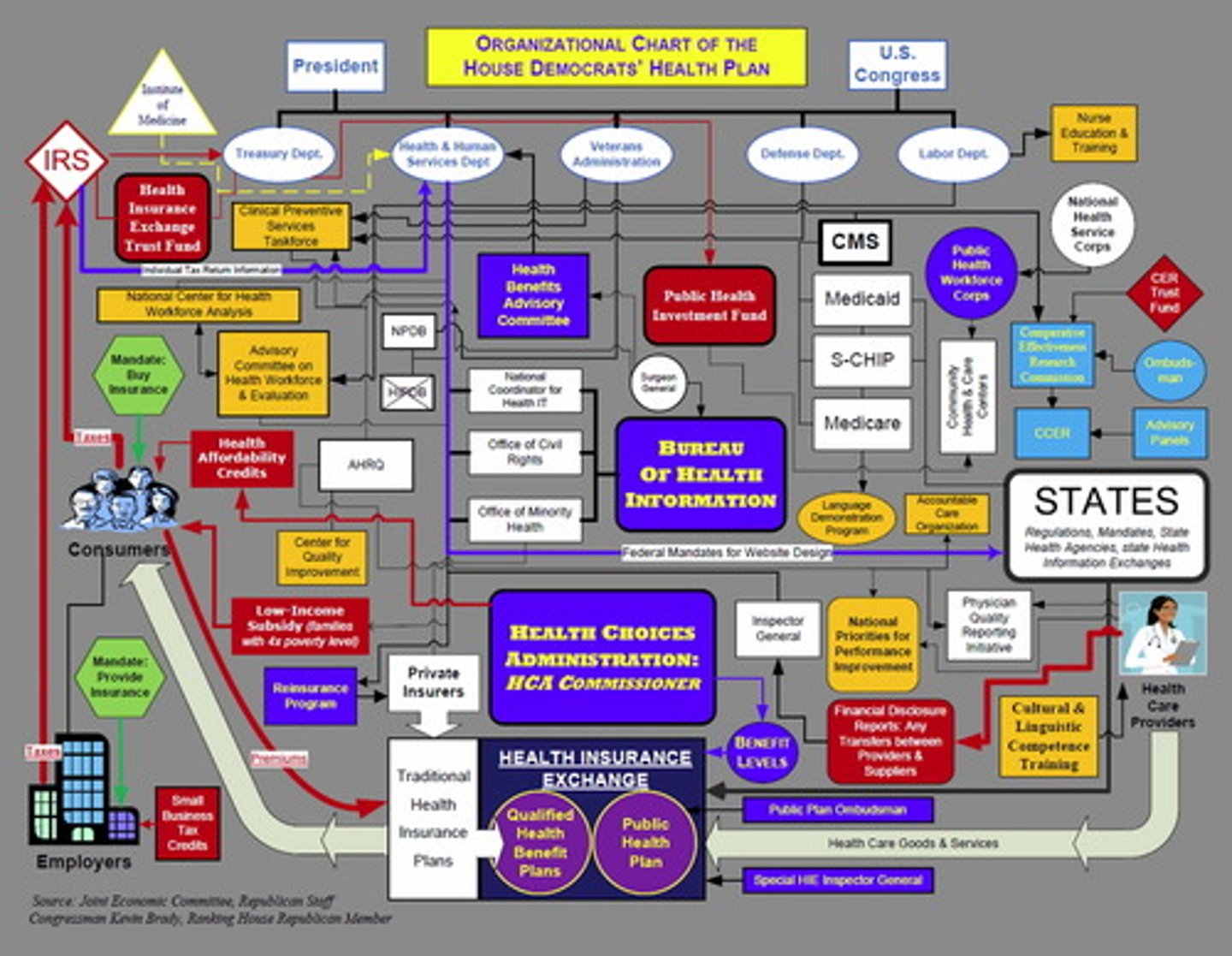
cabinet
collective name for the 15 federal departments that are each responsible for one broadly defined policy area

certiorari petition
a request to the Supreme Court to review a case that has already been decided by a lower court

civil law
concerns noncriminal disputes between private parties
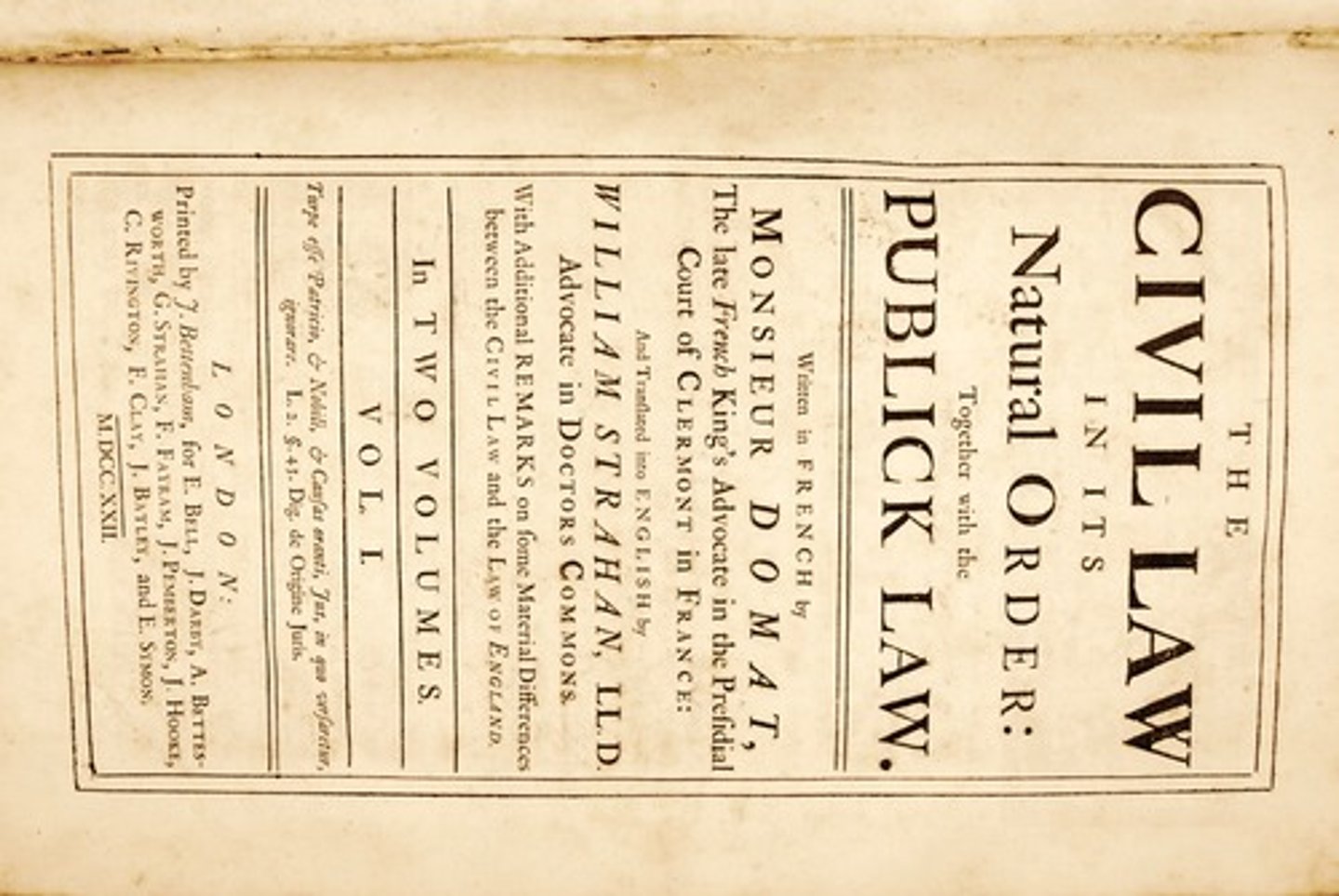
civil servants
bureaucrats hired through a merit-based personnel system and who have job protection
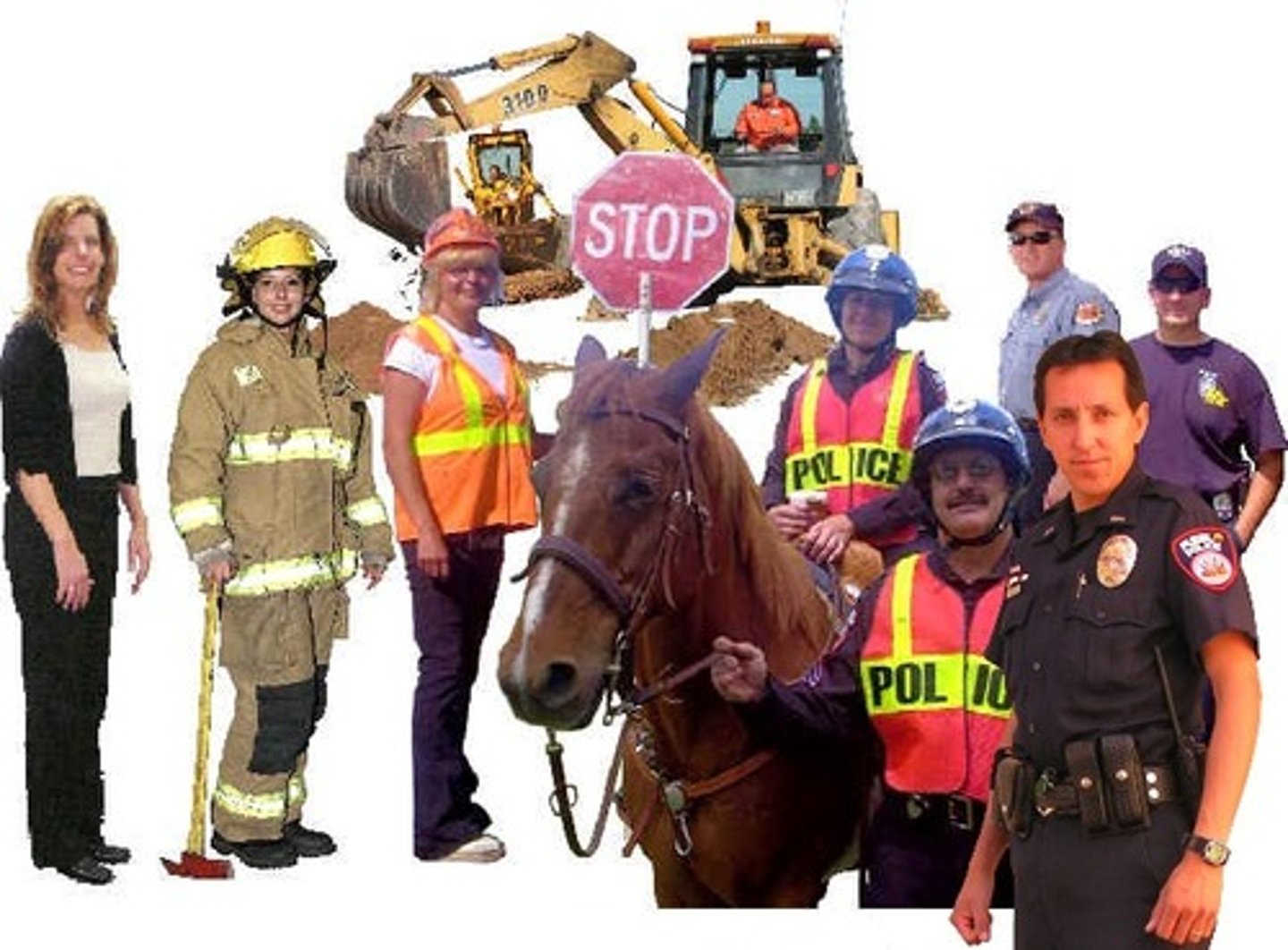
class action lawsuit
lawsuit brought on behalf of a class of people against a defendant, e.g., lawsuits brought by those who have suffered from smoking against tobacco companies.
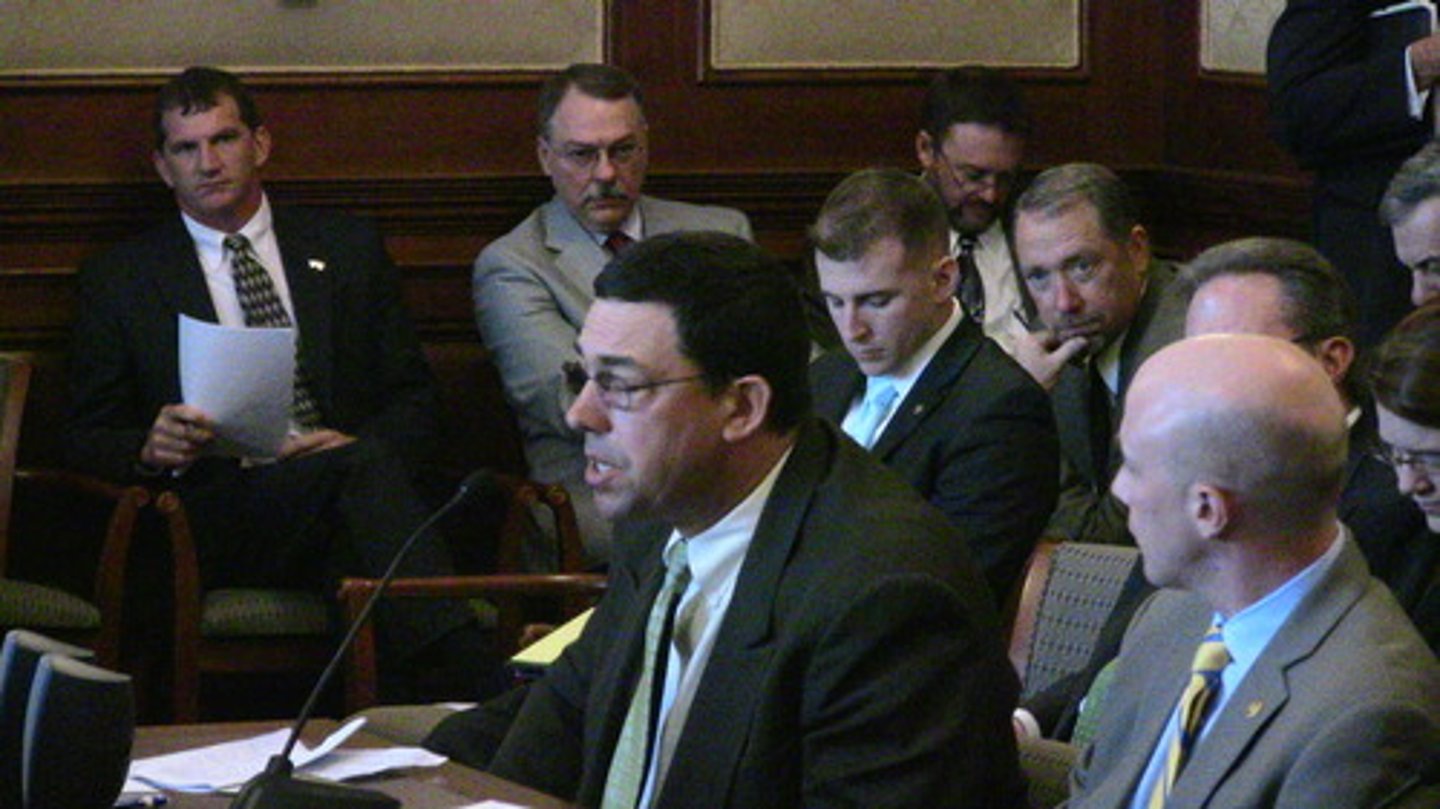
concurring opinion
written by a Supreme Court Justice who voted with the majority, but for different reasons

criminal law
concerns conduct that is prohibited because of its harmful effects to society as a whole

discretionary authority
The ability of executive agencies to make decisions about how to enforce laws and implement policy

dissenting opinion
A statement written by a justice who disagrees with the majority opinion, presenting his or her opinion
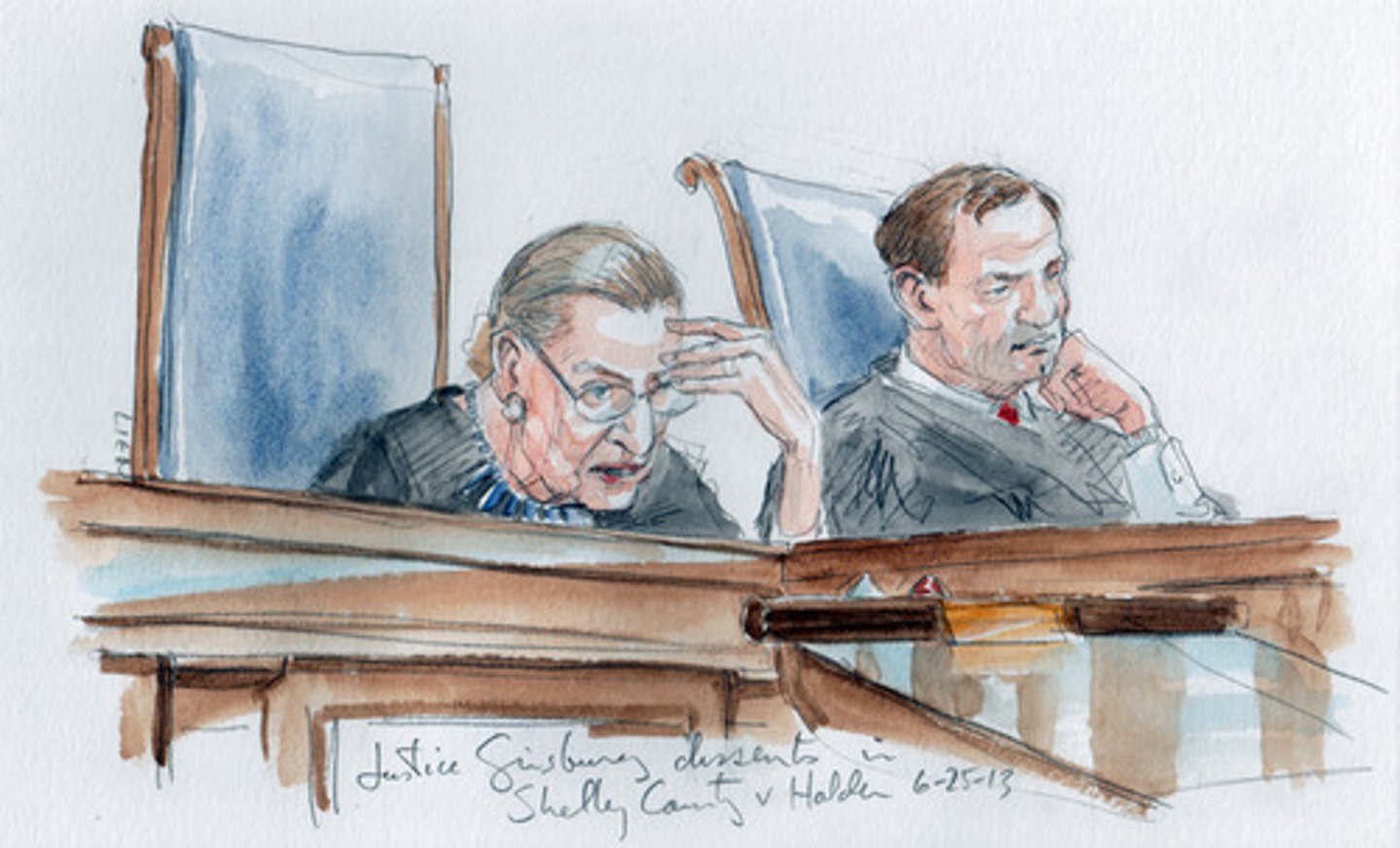
government corporation
an executive branch unit that sells a service and is expected to be financially self-sufficient

independent executive agencies
a group of executive units created by Congress and the president that are responsible for more narrowly defined functions of the national government

independent regulatory agencies
executive branch units that are outside of cabinet departments and are responsible for monitoring and regulating specific industries or areas of the economy
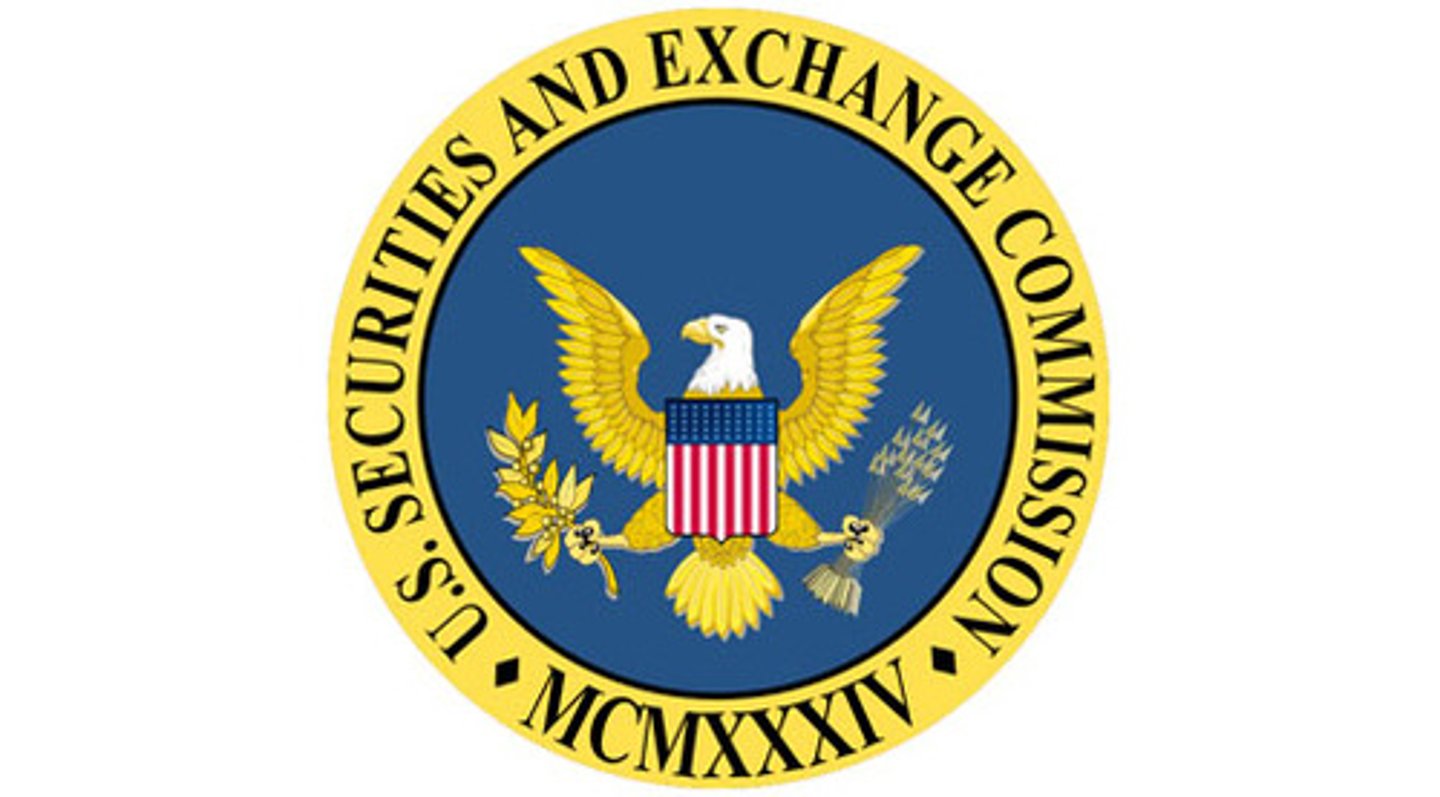
injunction
court order that forbids a party from performing a certain action

judicial activism
philosophy that the courts should take an active role in solving problems
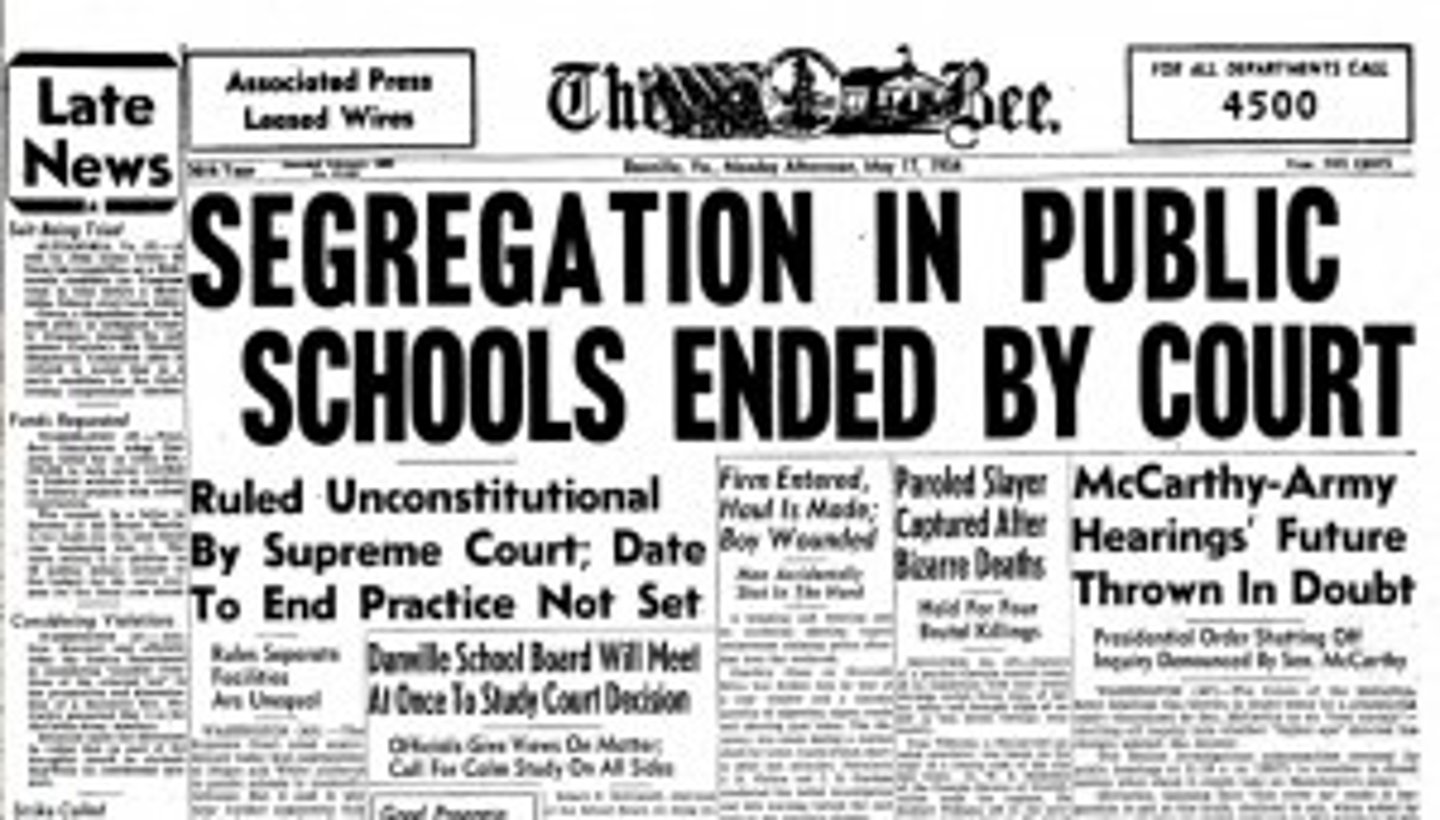
judicial restraint
philosophy that the courts should defer to elected lawmakers in setting policy, and should instead focus on interpreting law rather than making law
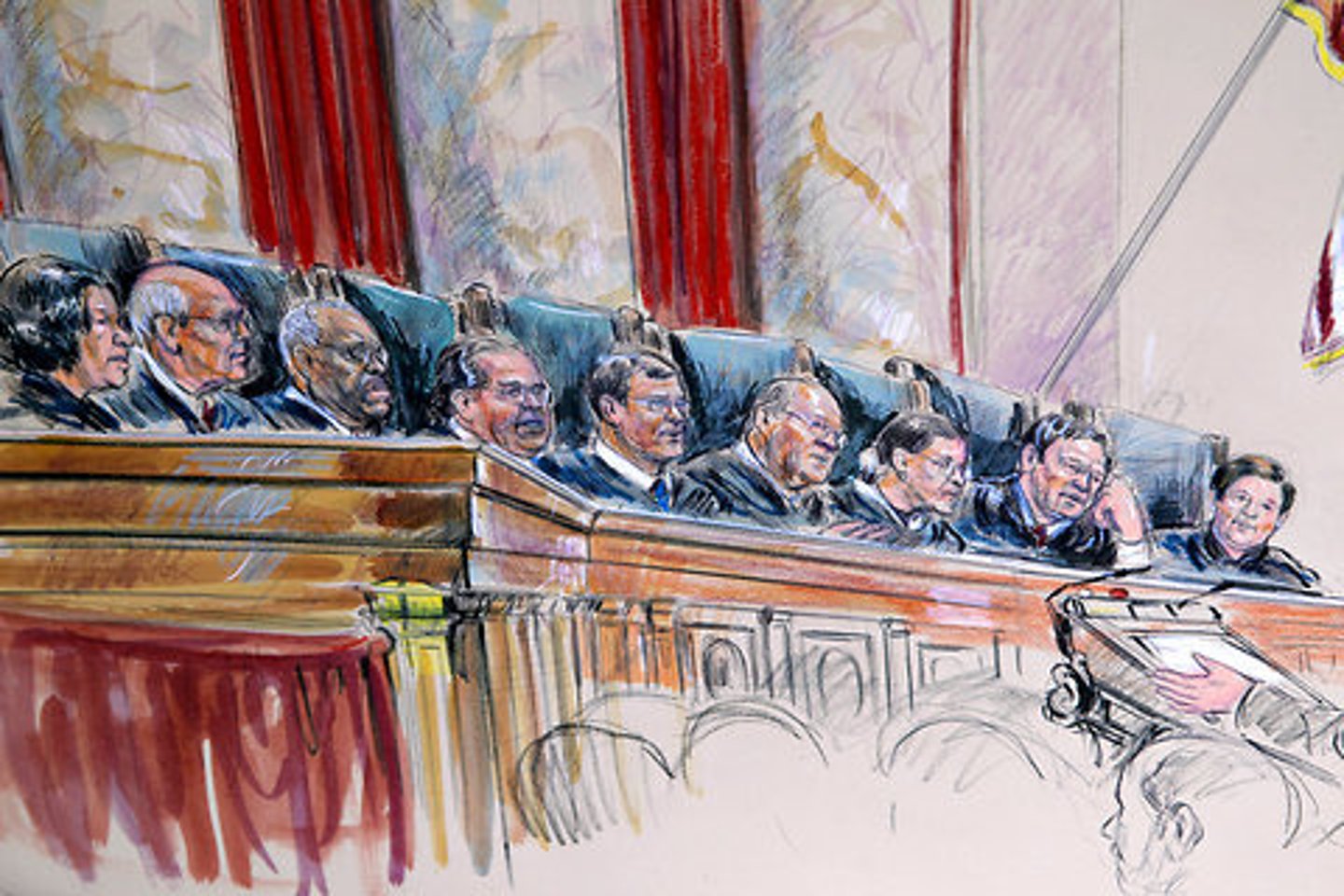
judicial review
power of the courts to review the constitutionality of laws or government actions
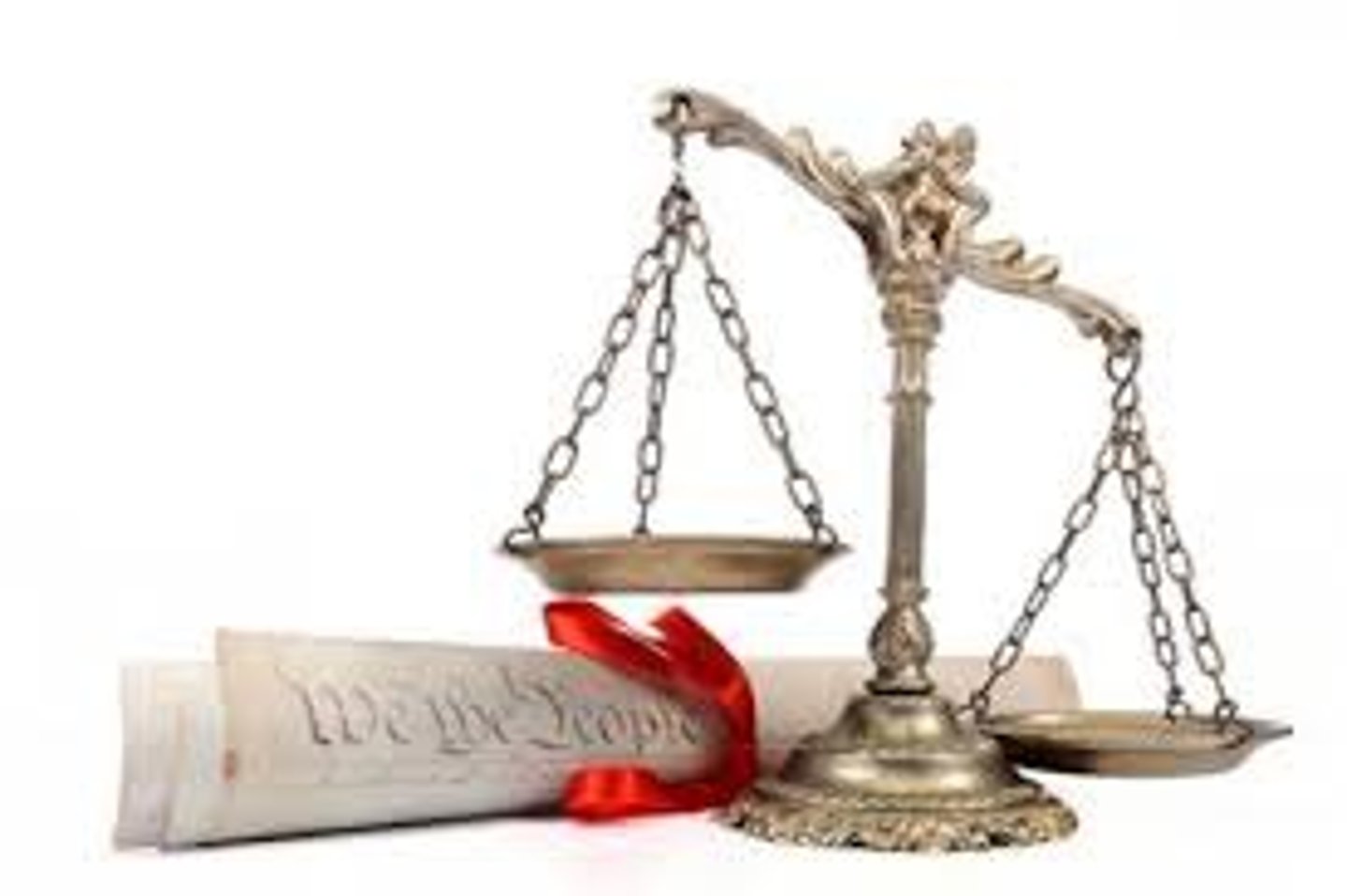
majority opinion
written to express the majority viewpoint in a Supreme Court case

merit system
system of hiring federal workers based upon competitive exams, qualifications and competition

original jurisdiction
The authority of a court to first hear a case
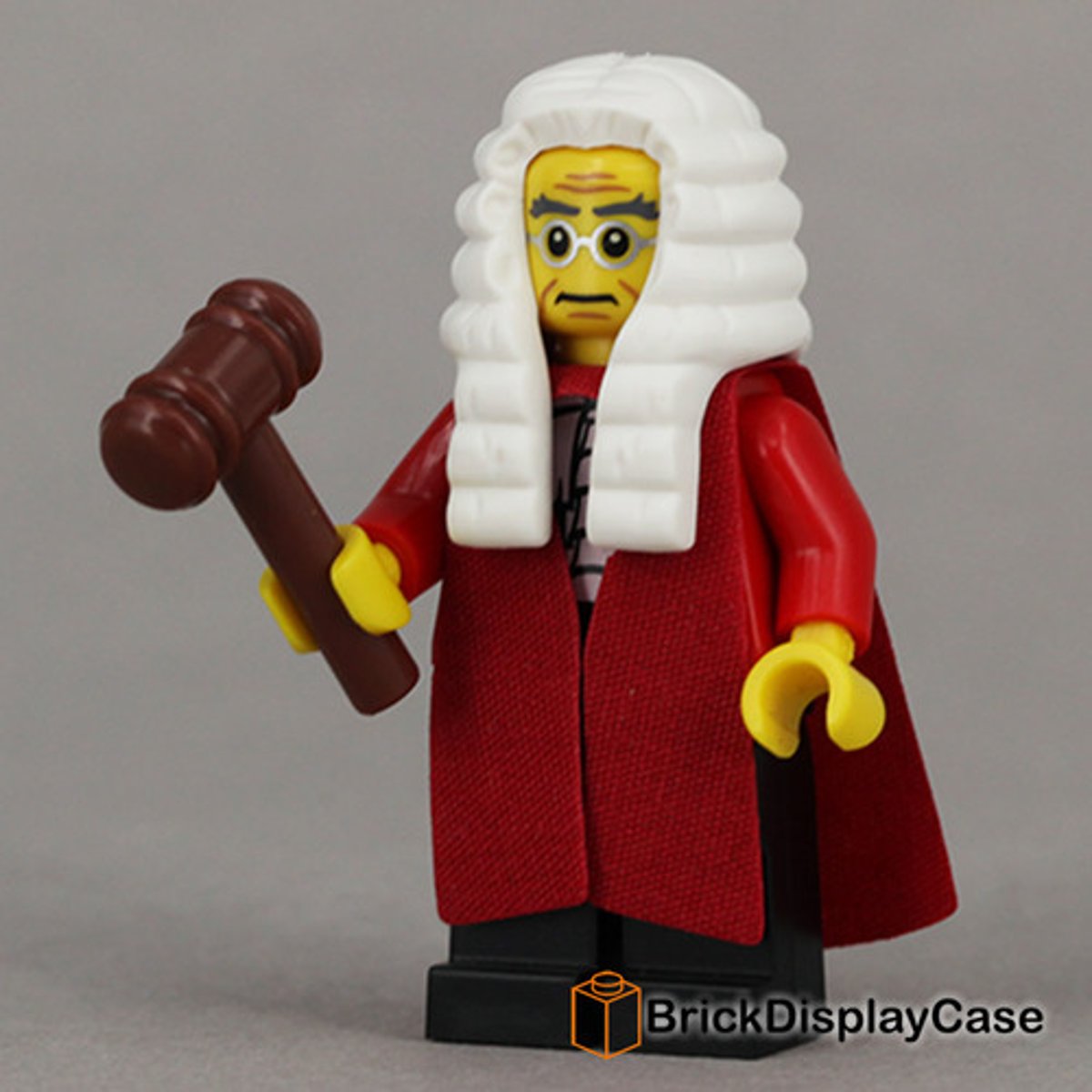
outsourcing
the process of the government signing work contracts with private organizations to assist in implementing national policy

political appointees
those who have received presidential appointments to office. Contrast with Civil Service employees, who receive federal jobs by competitive exams
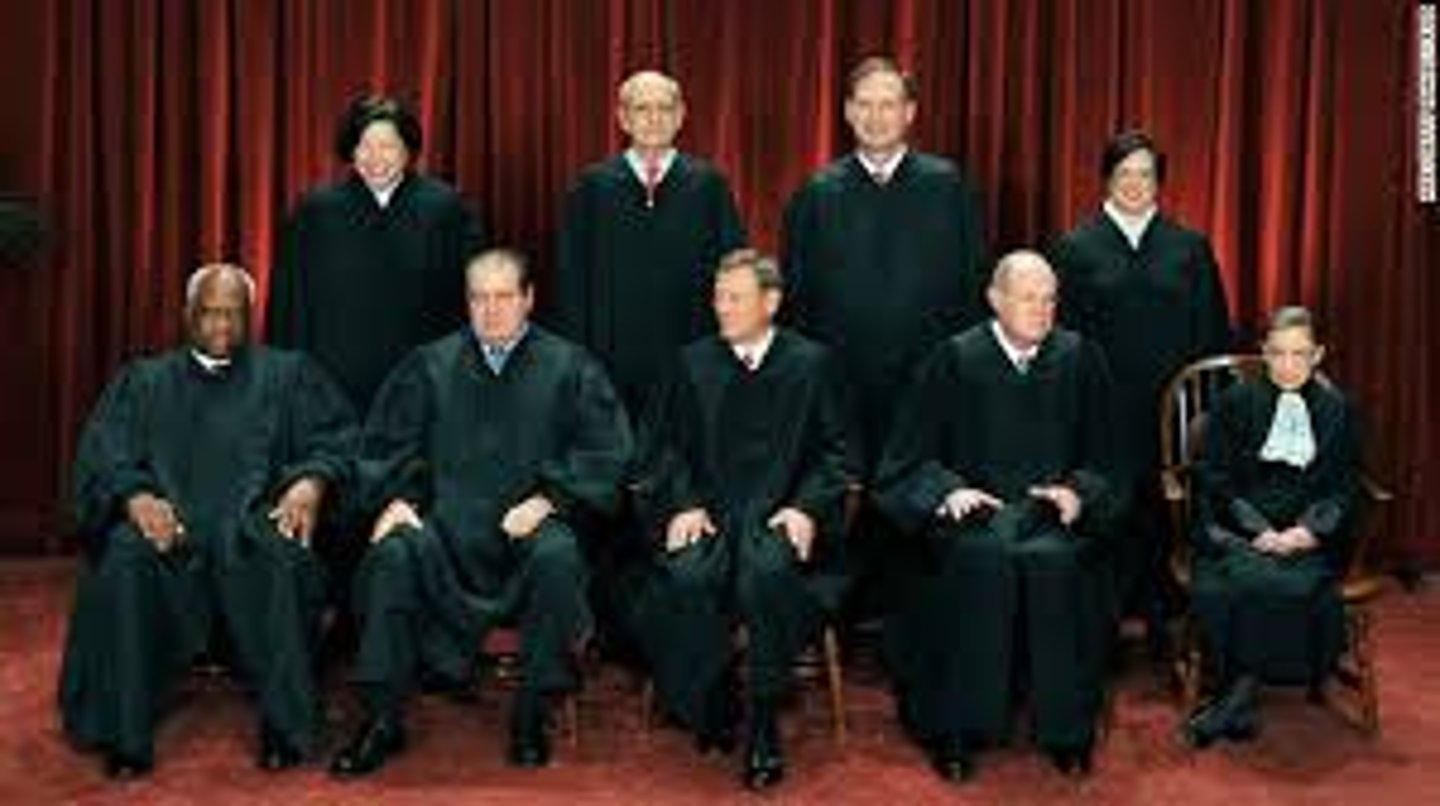
red tape
complex rules and procedures required by bureaucratic agencies
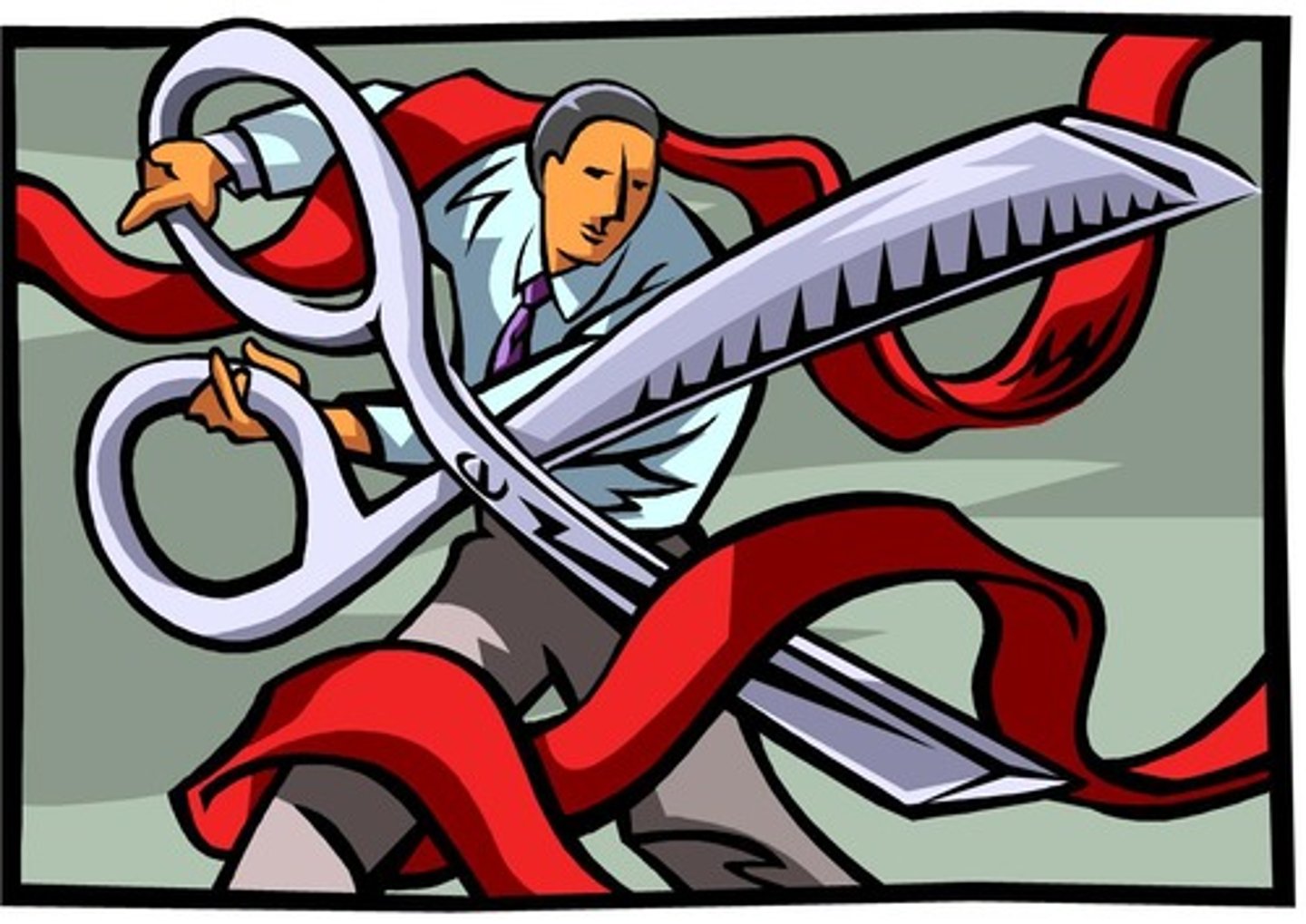
remand
the Supreme Court's sending of a case back to the original court in which it was heard

rule making authority
process by which an independent agency or commission fills in the details of a vague law by creating rules and regulations that will be enforced

rule of four
The Supreme Court will hear a case if four justices agree to do so.
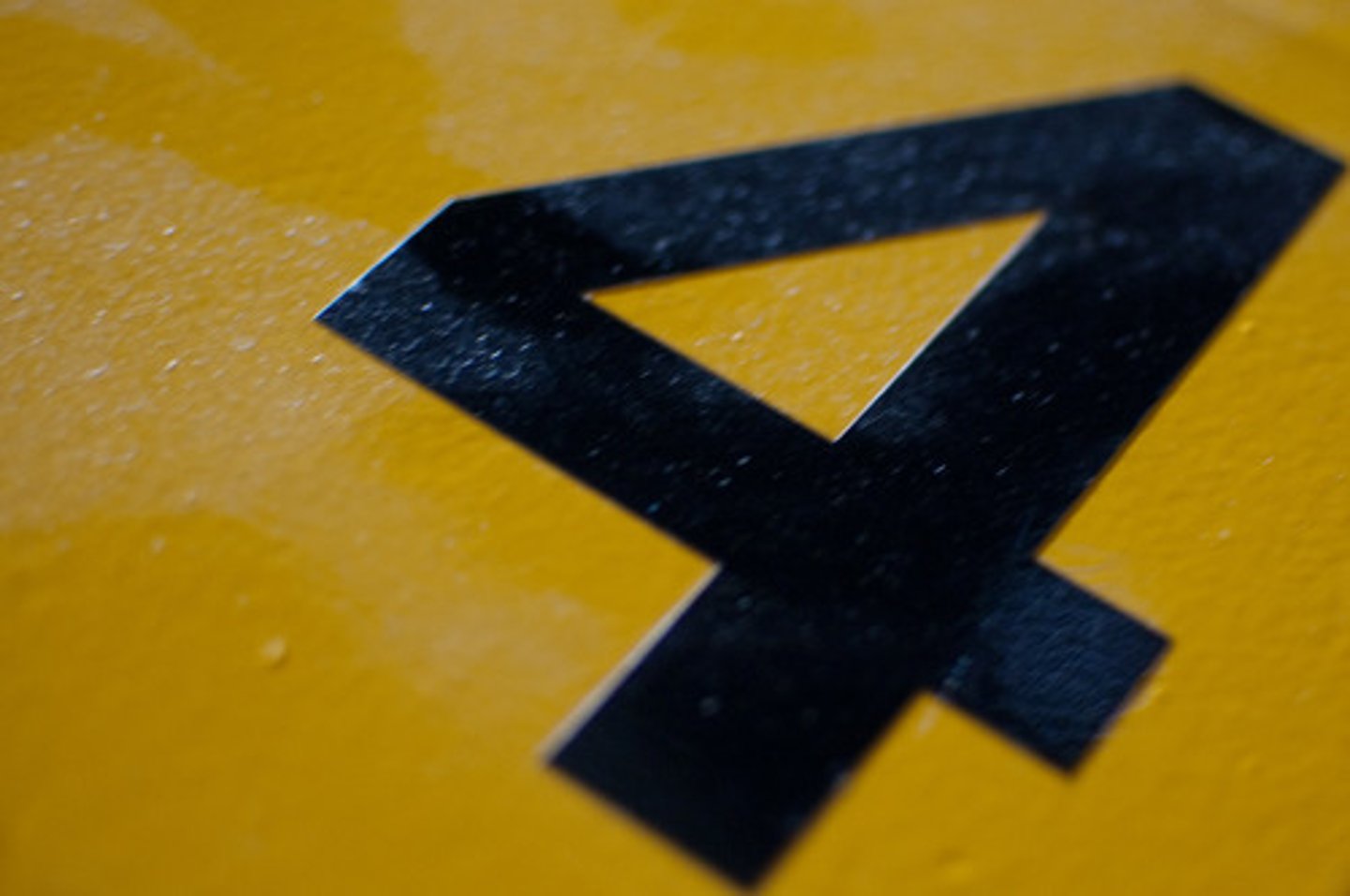
senatorial courtesy
custom that the Senate will not approve a presidential appointment if he or she is opposed by either senator from the nominee's home state
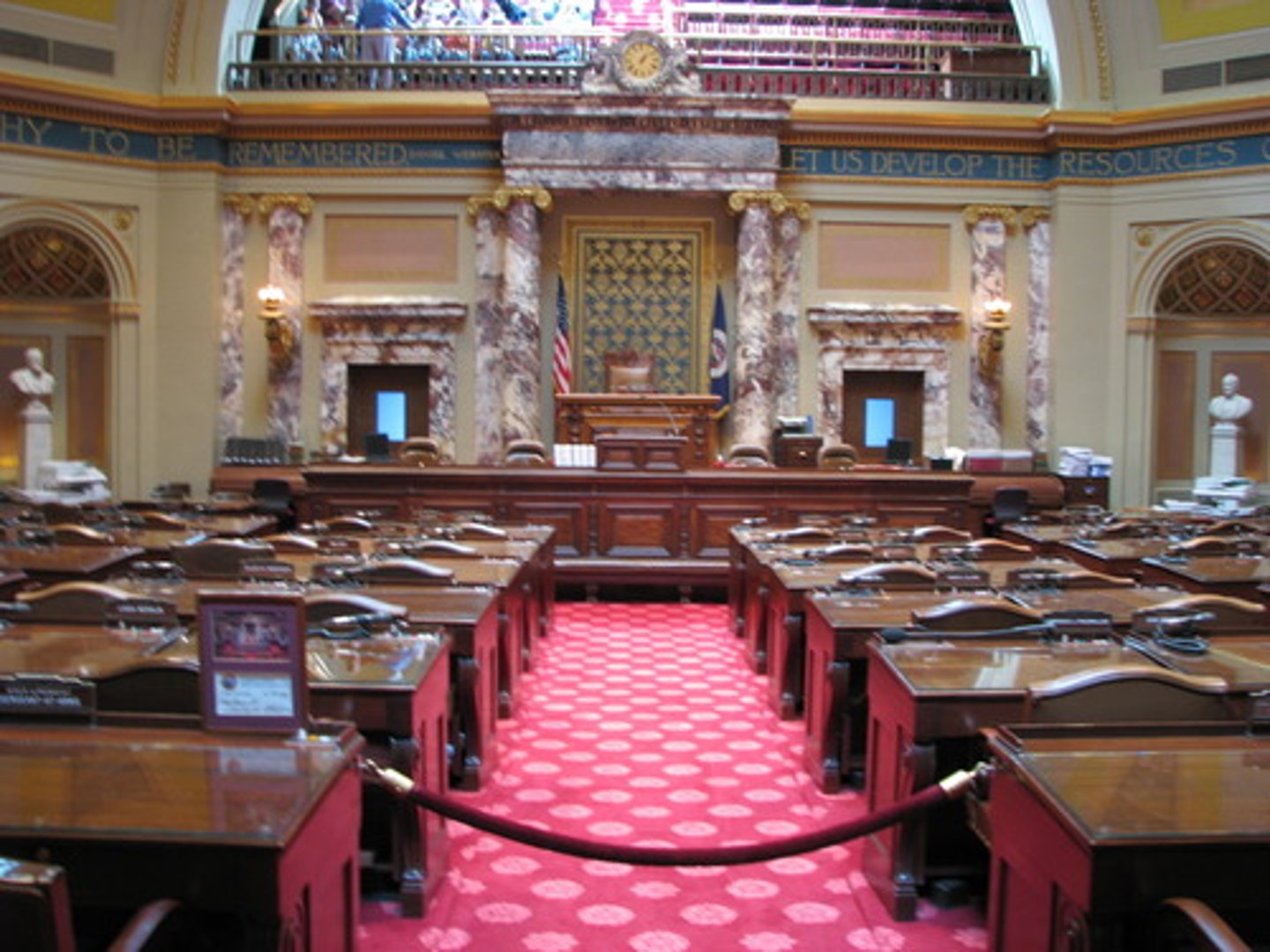
stare decisis
Latin for "let the decision stand." Supreme Court policy of following precedent in deciding cases.
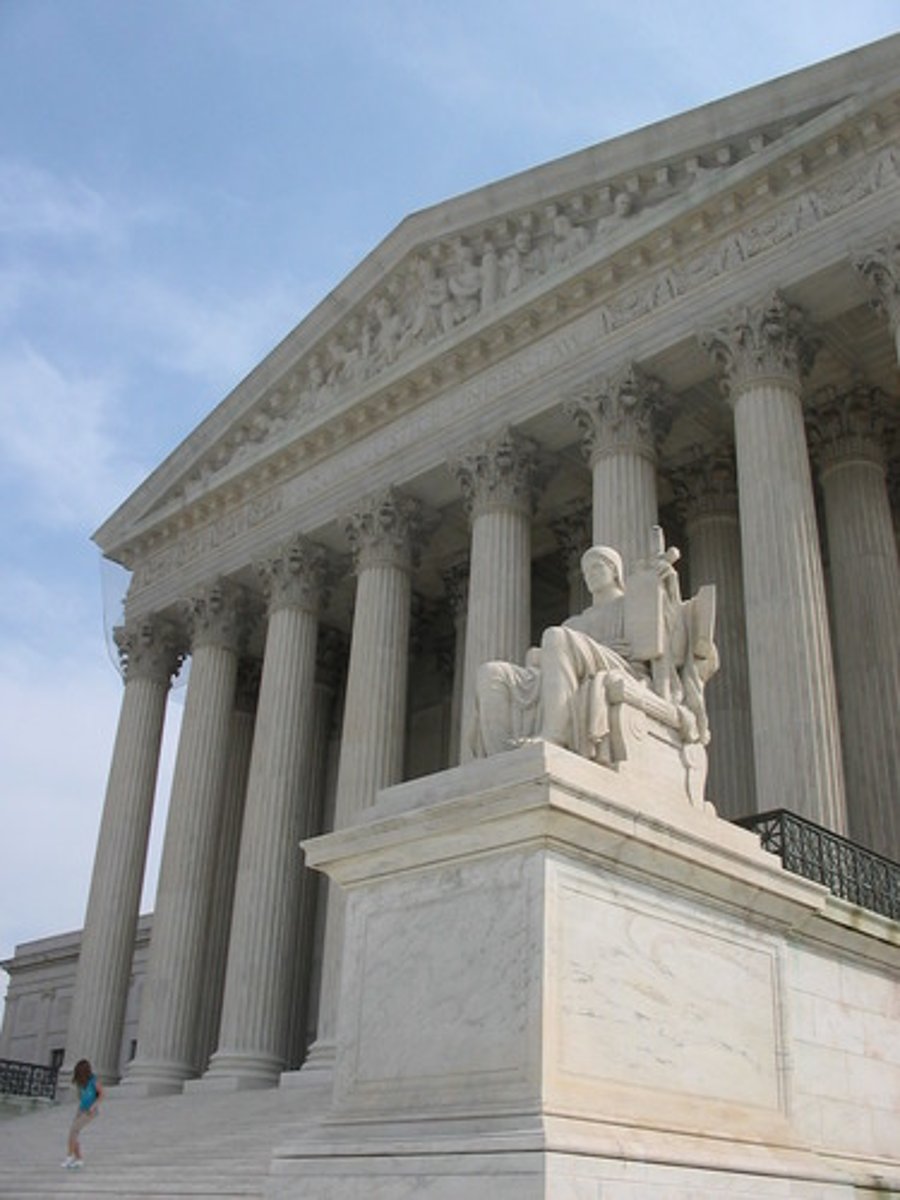
whistleblower
an employee who exposes unethical or illegal conduct within the federal government or one of its contractors

writ of certiorari
issued by the Supreme Court to a lower court to send up the records of a case so that it can be reviewed by the high court
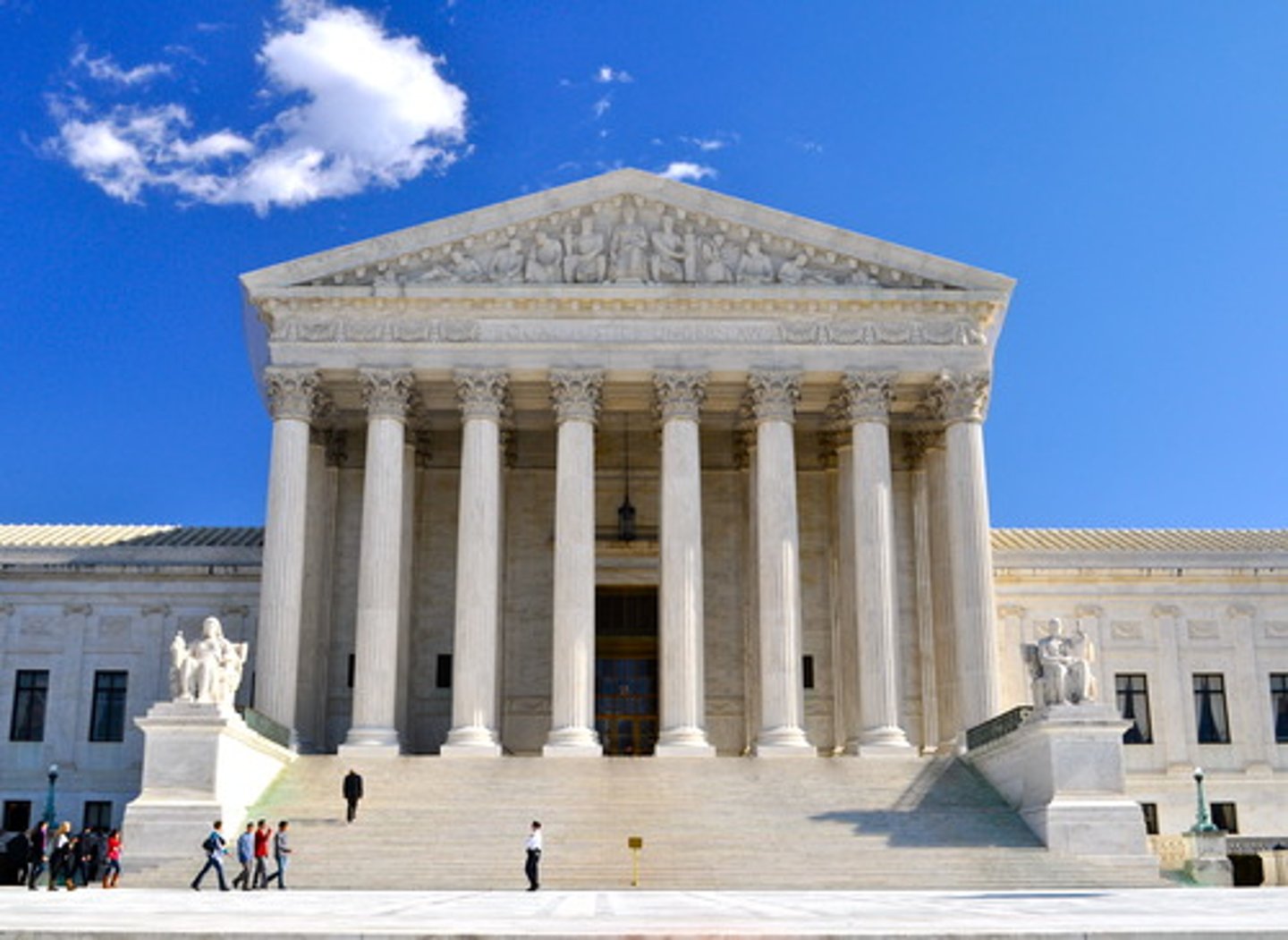
writ of habeas corpus
court order that the authorities show cause for why they are holding a prisoner in custody. Deters unlawful imprisonment.
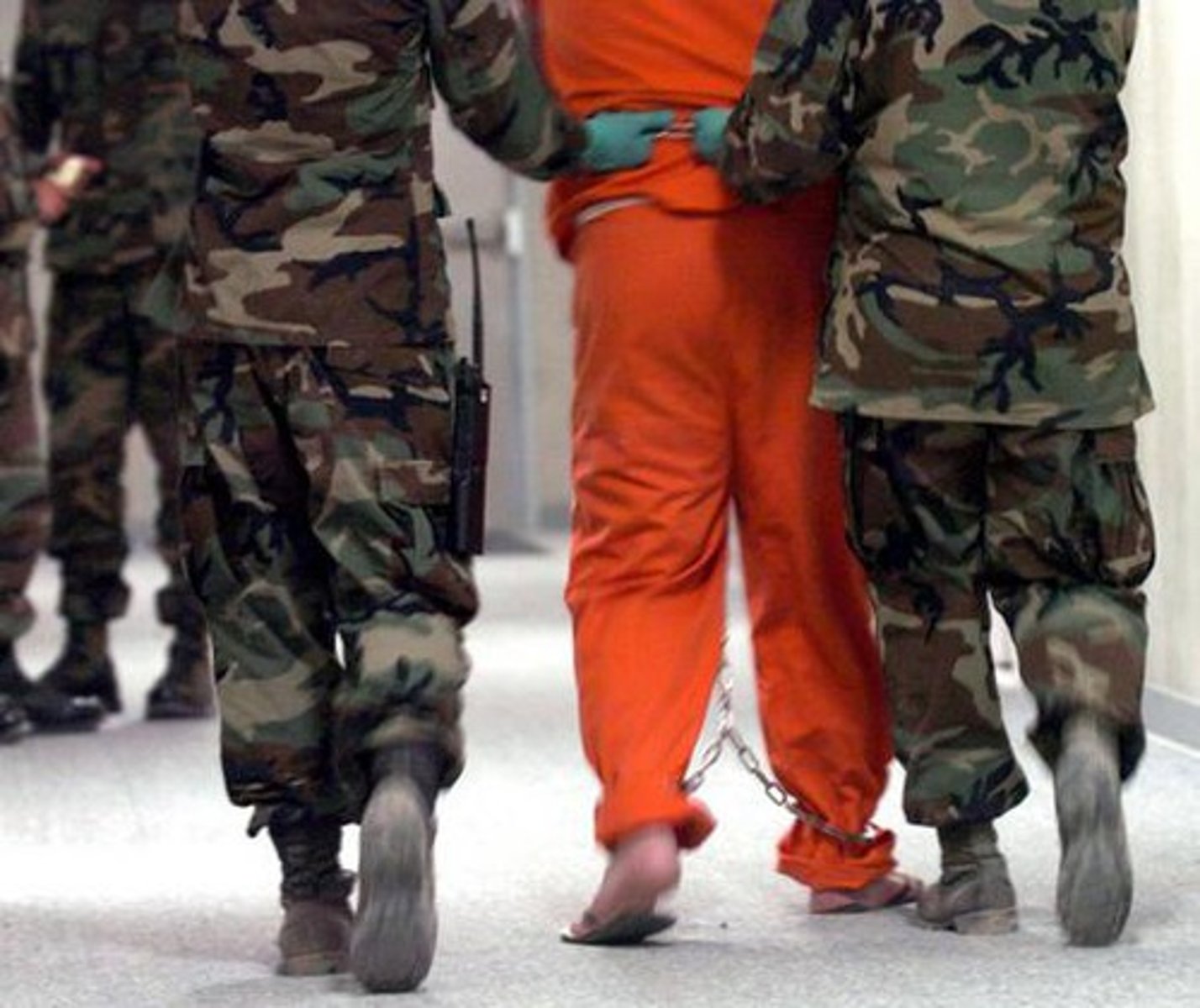
writ of mandamus
court order directing a party to perform a certain action
